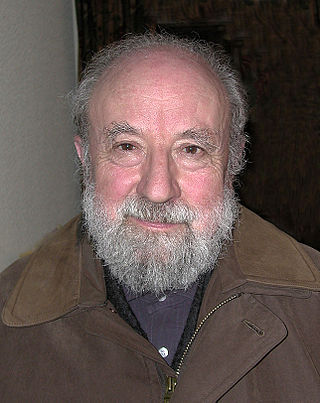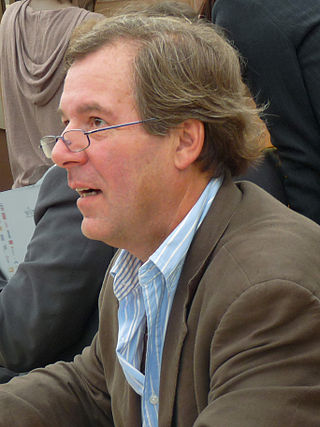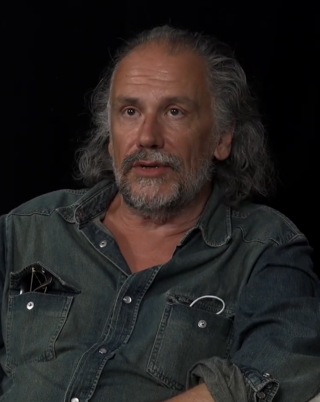Related Research Articles

The Prix Goncourt is a prize in French literature, given by the académie Goncourt to the author of "the best and most imaginative prose work of the year". The prize carries a symbolic reward of only 10 euros, but results in considerable recognition and book sales for the winning author. Four other prizes are also awarded: prix Goncourt du Premier Roman, prix Goncourt de la Nouvelle, prix Goncourt de la Poésie (poetry) and prix Goncourt de la Biographie (biography). Of the "big six" French literary awards, the Prix Goncourt is the best known and most prestigious. The other major literary prizes include the Grand Prix du roman de l'Académie française, the Prix Femina, the Prix Renaudot, the Prix Interallié and the Prix Médicis.
French literature generally speaking, is literature written in the French language, particularly by citizens of France; it may also refer to literature written by people living in France who speak traditional languages of France other than French. Literature written in the French language by citizens of other nations such as Belgium, Switzerland, Canada, Senegal, Tunisia, Algeria, Morocco, etc. is referred to as Francophone literature.

Michel Butor was a French poet, novelist, teacher, essayist, art critic and translator.

The Prix Théophraste-Renaudot or Prix Renaudot is a French literary award.

Sylvie Germain is a French author.
Claude Mauriac was a French author and journalist, born in Paris as the eldest son of author François Mauriac.
Patrick Besson is a French writer and journalist.
The Prix Maurice Genevoix is an annual French literary award made in honor of its namesake Maurice Genevoix (1890–1980). It is intended to recognize a French literary work which, by its topic or style, honors the memory and work of Maurice Genevoix. The prize was founded in 1985 in the city of Garches under the initiative of mayor Yves Bodin, who was a family friend of Genevoix. In 2004 the award was officially established at the Académie française as a "Grand Prix", meaning the winner receives a silver-gilt medal and variable cash amount, thus increasing its prestige and importance since 2004.

José Cabanis was a French novelist, essayist, historian and magistrate. He was elected mainteneur of the Académie des Jeux floraux in 1965 and a member of the Académie Française in 1990.
The Fénéon Prize, established in 1949, is awarded annually to a French-language writer and a visual artist no older than 35 years of age. The prize was established by Fanny Fénéon, the widow of French art critic Félix Fénéon. She bequeathed the proceeds from the sale of his art collection to the University of Paris, whose Vice Chancellor chairs the award jury.

Marc Lambron is a French writer and winner of the Prix Femina, 1993, for L'Oeil du silence.
Christopher Frank was a British-born French writer, screenwriter, and film director. He won the 1972 Prix Renaudot for his novel La Nuit américaine that served the basis for Andrzej Zulawski's film That Most Important Thing: Love.

Jean-Noël Pancrazi is a French author.

Jérôme Garcin is a French journalist and writer. He heads the cultural section of the Nouvel Observateur, produces and hosts the radio program Le Masque et la Plume on France Inter, and is a member of the reading committee of the Comédie-Française.
Michel Robida was a French journalist and writer.
Roger Vrigny was a 20th-century French writer.
The grand prix catholique de littérature is a French literary prize awarded by the Association des écrivains catholiques de langue française.

Simon Liberati is a French writer and journalist. For his novels, he has received the Prix de Flore (2009), Prix Femina (2011) and Prix Renaudot (2022).
Patricia Reznikov is a Franco-American writer.
Béatrice Didier is a French literary critic.
References
- ↑ Biography of Michel Del Castillo on Britannica.com.
- 1 2 (fr) Académie royale de langue et de littérature françaises de Belgique, Michel Del Castillo .
Interview by Emmanuel Davidenkoff ("Les Enfants de la Musique") on France Musique", Saturday December 18, 2010.